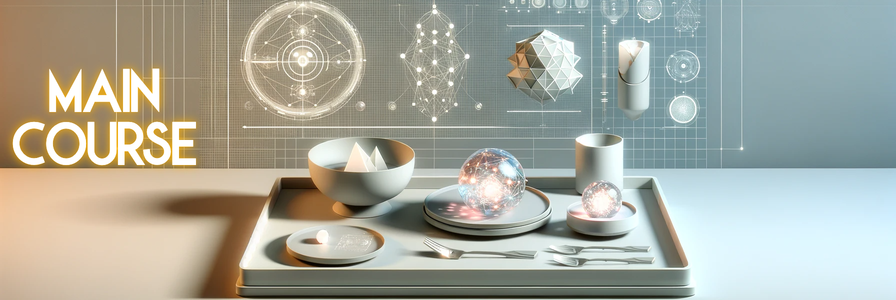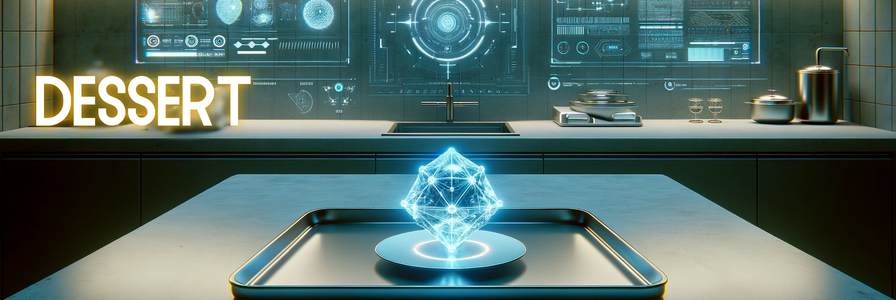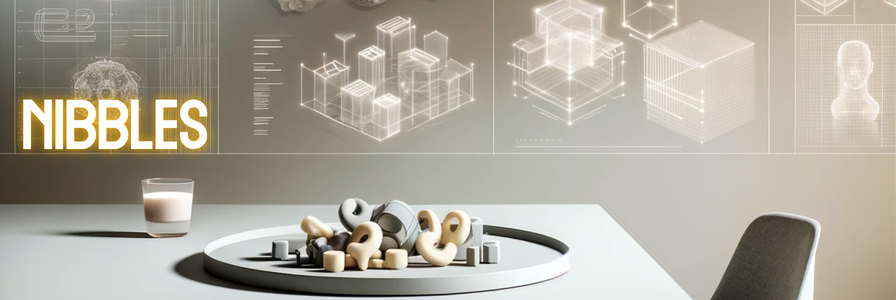Welcome back to AI Hungry, where the intersection of artificial intelligence and copyright law is once again at the forefront of our latest news update. The public domain release of Steamboat Willie has ignited a flurry of AI-generated art and fresh debate over the boundaries of copyright with AI tools. Meanwhile, a landmark lawsuit by The New York Times against OpenAI and Microsoft promises to be a defining moment in the ongoing discourse on AI's role in content creation and copyright infringement.
These stories underscore the evolving landscape of AI and its legal implications, challenging creators and corporations alike. As we delve into the details, the potential for groundbreaking precedents is palpable, making this an update you won't want to miss.

Steamboat Willie Enters Public Domain, Sparking AI Art Experiments and Copyright Debates
Steamboat Willie, an early version of Mickey Mouse, has entered the public domain, leading to a surge in AI-generated artworks featuring the character. Some creations are family-friendly, while others are controversial, like Mike Neville's 'Creamboat Willie.' The release into the public domain has prompted individuals to explore the limits of copyright with AI tools.
Pierre-Carl Langlais created a version of Stable Diffusion called 'Mickey-1928' using public domain images to generate new artworks, emphasizing the importance of AI training data sources. The influx of Steamboat Willie art is also seen as a satirical jab at Disney's influence on copyright laws, with some users creating images as explicit challenges to the company's control over its iconic characters.

The New York Times Sues OpenAI and Microsoft in Landmark Copyright Case
The New York Times has filed a lawsuit against OpenAI and Microsoft, claiming copyright infringement and seeking billions in damages. This high-profile case, which demands the destruction of chatbot models and training data containing The Times's copyrighted material, could potentially reach the Supreme Court, making it a pivotal moment for AI and copyright law. Legal experts have anticipated such a battle, with the outcome likely to influence the future of generative AI and its impact on industries like publishing and entertainment.
The case draws parallels to the Authors Guild v. Google, which was decided in Google's favor after a decade-long fight. The concern for The New York Times is the potential for AI models to replicate their high-quality content, threatening their business. Meanwhile, OpenAI's legal team is prepared to defend their position, arguing that copyright law is not the appropriate tool for regulating AI's societal impact. The outcome of this case could set a precedent for how innovation is shaped and how copyright law is interpreted in the digital age.


🎙 OpenVoice: Groundbreaking Open-Source Voice Cloning Tool Unveiled. OpenVoice, a new open-source voice cloning tool, can replicate voices in multiple languages with control over tone and style. Developed by MIT, Tsinghua University, and MyShell, it marks a significant advancement in voice cloning technology. (Link)
🔮 Generative AI Trends Set to Transform Tech in 2024. In 2024, generative AI is expected to advance with multimodal models, small language models, autonomous agents, open models rivaling proprietary ones, and cloud-native infrastructure for on-premises AI, reshaping technology and its applications. (Link)
⚖️ Chief Justice John Roberts Weighs In on AI's Role in the Judiciary. Chief Justice John Roberts discusses AI's future impact on the judiciary, acknowledging its potential to improve legal information access while cautioning against privacy risks and the generation of false information. (Link)
🔍 EU AI Act: A Balancing Act for Open Source Innovation. European lawmakers have reached a preliminary agreement on the EU AI Act, introducing a risk-based system to regulate AI. Open source AI models are largely exempt, but the final text is pending. GitHub's CLO discusses the potential impact on open source development. (Link)
📡 Telcos Shift from Network Operators to IT Service Providers Amid Market Pressures. Telecommunications companies are transitioning to IT service providers, focusing on growth areas like cybersecurity and cloud services. They face challenges including competition, maintaining core capabilities, and monetizing new technologies. (Link)
🔐 Singapore Scientists Create AI to 'Jailbreak' Chatbots and Expose Flaws. Researchers from NTU Singapore developed an AI model called Masterkey to reveal security weaknesses in chatbots by generating prompts that bypass content restrictions, posing a significant threat to AI systems. (Link)



